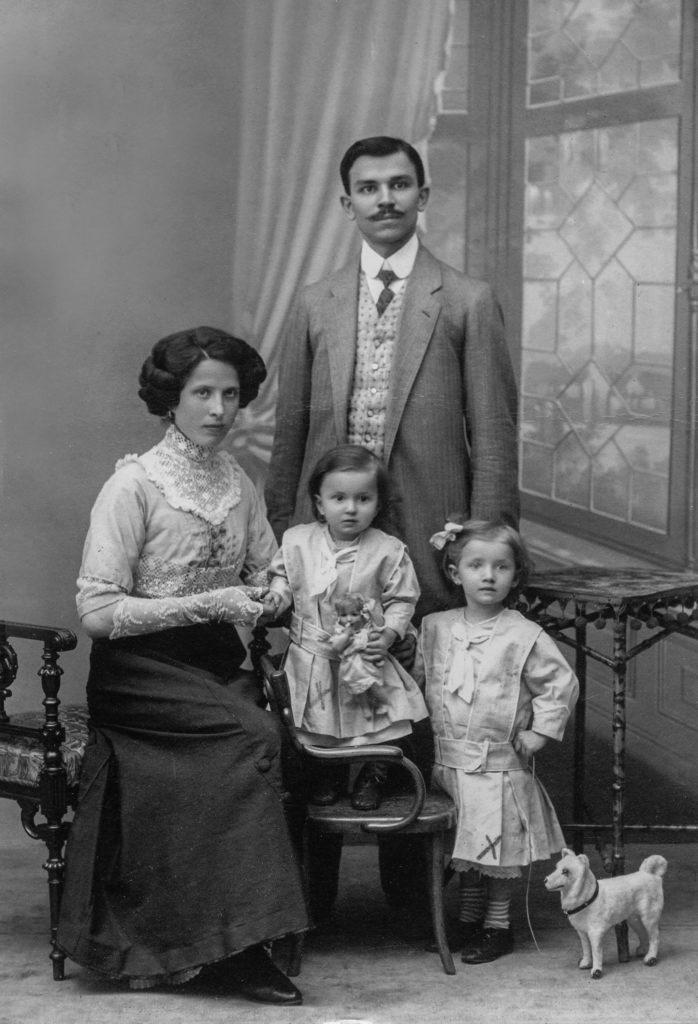Repetition is boring for most people. If we hear something over and over again, it gets annoying. Think of your least favorite television commercial and how you feel when it is repeated over and over again during a program or game you are watching. It can be like dripping water.
The same can be said for learning information. Once you have learned how to add 2 + 2, you are ready to move on to something more challenging. If your teacher began each lesson with how to add 2 + 2, it would become very tiring. Let’s move on to subtraction or multiplication.
For all we can say negatively about repetition, however, we have to admit it works. Advertisers know that even if you get annoyed at their ad that runs ten times during the game, chances are you will remember them when buying-time comes around. The guitar player knows that repeated practice hour after hour will lead to competence and fluidity in performance. The tennis player hits forehand after forehand after forehand. Why? Because repetition builds memory — in this case muscle-memory. Of course, it is important to repeat effective behaviors to avoid building bad habits. It is likewise important to learn accurate information in order to avoid believing what is false.
I have discovered that the more complicated a subject is, the more repetition I need in order to really get it. This is the reason medical school is not one semester long. It is the reason law school takes three years. It is the reason that becoming a master electrician is no walk in the park. Before I take a new medicine that my doctor has prescribed for me, I want to know that she really understands the anatomy of the human body, the chemistry of the drug, and why it is going to help me. I trust that she repetitively learned all she needed to learn to be competent to prescribe this medicine.
It takes patience and energy to learn via repetition. There is a biological function occurring as we learn. The brain is stashing information collected from our entire sensory system into various places for future access. The more complicated or unconventional the information, the more repetition is required. I have to give this biology time to work.
Two examples:
- When I am learning how to effectively manage my personal finances I know that conventional wisdom will not help me. How do I know this? Most people are broke. What is “normal” is not working. To learn a more effective way of handling money requires repetition of some better way. This more effective way is not part of my cultural common sense, so I have to purposely and repetitiously learn this better way. If I stop listening to and learning the better way, I will fall back into the culture’s way, which I get through being part of the culture. As a matter of fact, the way I learned that cultural way of thinking and action about money came about through years and years of…repetition. I am only going to replace that way of doing things with something better if I use the same process — repetition. For me this means podcasts, blogs, books, and conversations with other weird people who are also repetitively learning a better way.
- I am an American, and like many Americans I have struggled with my body weight. As with personal finances, what is normal in our culture is not what I desire. I desire to be healthy and thin. I desire to avoid the many negative health outcomes of being “normal.” How does a person break away from the cultural norm to begin eating in a different way and to get healthier? The answer is repetition. How many food messages does our culture (and agribusiness) repeat to us each day? That onslaught of information cannot be counteracted once and for all. It has to be counteracted continually and repetitively. Again, for me the repetition takes the form of books, blogs, podcasts, and conversations.
Whatever we want to learn is going to require energy. Our capacity to learn is rooted in language, which along with our large brains is our great advantage over the animal kingdom. We just have to be committed to learning the right things and be willing to put in the work required to make that knowledge an effective force in our lives. This is the reason that life-long learning should be an important part of your Forward Story and mine.

